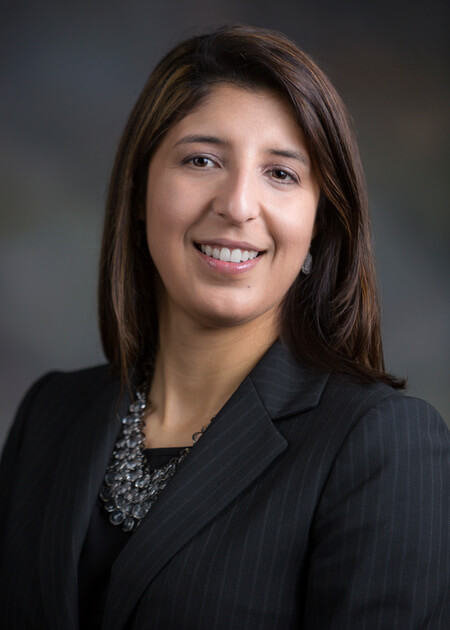
“We’re all writers,” said Shaun B. Ford, MARC, MAAPE, writing coordinator at the School of Nursing’s Writing Lab, a new service addition within the school’s Student Success Center. “Whether we’re writing an email, a research paper or a blog post, we all do it and it’s important we do it well.”
The benefits surrounding the skill of writing have long been documented and shown to help sharpen cogitative abilities, improve academic performance and enhance one’s own well-being. As part of his role, Ford endeavors to assist graduate students do all three.
At least four writing-intensive semesters are required of graduate nursing students in order to complete a quality improvement project or research dissertation, which they are then encouraged to submit for publication in academic journals.

The level of scholarly writing expected for academic publication has often compelled students to hire professional editors for help with their projects, an out-of-pocket expense that doesn’t build the lifelong writing skills a health provider needs to propel the discipline further.
“Students enter graduate nursing programs with varying scholarly writing abilities due to a unique required skill set for writing in the nursing field,” said Vanessa Bográn Meling, EdD, MBA, associate dean for admissions and student success, referring to the patient care plans and extensive charting required during undergraduate training.
Supporting students
Implementation of the new Writing Lab will bridge this knowledge gap by offering graduate nursing students full access to professional writing coaches and resource materials at no cost. Coaches like Ford will provide students:
- A safe, no-judgement zone.
Writing Lab coaches support the learning process and are ready to work with students regardless of their current writing level. “We realize writing is a personal process,” said Ford. “We want to help students explore their depths. The conversations our coaches have with students are all confidential; we are human and we understand personal and academic frustration.”
- An evaluation of projects-in-progress.
Students should be ready to share a draft paper or project. Coaches offer writing support at all stages of a writing- or visually-intensive project, such as research papers or presentations. Assignments can be discussed as a whole, in specific sections or coaches can help in brainstorming.
- A new perspective.
Coaches do not attempt to fix or edit projects. Instead, they encourage students to analyze their works to develop confidence. From planning and development to consideration of user experience (UX writing), coaches can help writers sort through their own ideas and also introduce a fresh point of view.
- Flexible scheduling.
Coaching sessions are created and confirmed through the Starfish application via Canvas or through the iPad located at the Student Success Center’s administration desk, room 1.118 in the School of Nursing.
The Writing Lab is currently collaborating with nursing faculty to offer in-class writing workshops to facilitate coaching. Two writing retreats are scheduled this summer, the first is set for July 14–15 and the second will take place Aug. 11–12. Participants can expect a full agenda to learn best practices, dedicate time to their projects, attend breakout sessions and contribute in peer review exercises. Student writers invited to the retreat will receive a $750 stipend, writing resources and some school swag.
Supporting faculty
The lab is also a valuable resource for nursing faculty. Coaches are able to partner with educators to reinforce their objectives for teaching and learning scholarly communication.
“The Writing Lab is an instructional support,” said Ford. “We’re here to make the faculty’s job easier. We’re not going to negate learning; we’re going to help students think about the language they use to communicate health care through writing, research and speaking with their patients.”
Ford explained that the lab is part of a holistic support system. In addition to student-focused events, the lab will offer an annual faculty writing workshop that will enhance the development of their writing skills as well as provide feedback on graduate students’ scholarly work.
Make meaning and stand out
“Nurses need to know how to translate their discoveries and forward that conversation with as many people in the medical community as possible,” said Ford. “We can help them build their craft as they prepare to make presentations, generate infographics or as they engage in telehealth conversations.”
“If they have a solid understanding of how to make meaning in different settings with different groups, they will be the knowledge experts no one can overlook,” he added.
The Writing Lab is funded by a $180,000 Texas Higher Education Coordinating Board Student Success Acceleration Program Implementation Grant, which was awarded to Meling in November of 2022. For more information about the Writing Lab, visit the Student Success Center’s website or email SoNStudentSuccess@uthscsa.edu.


